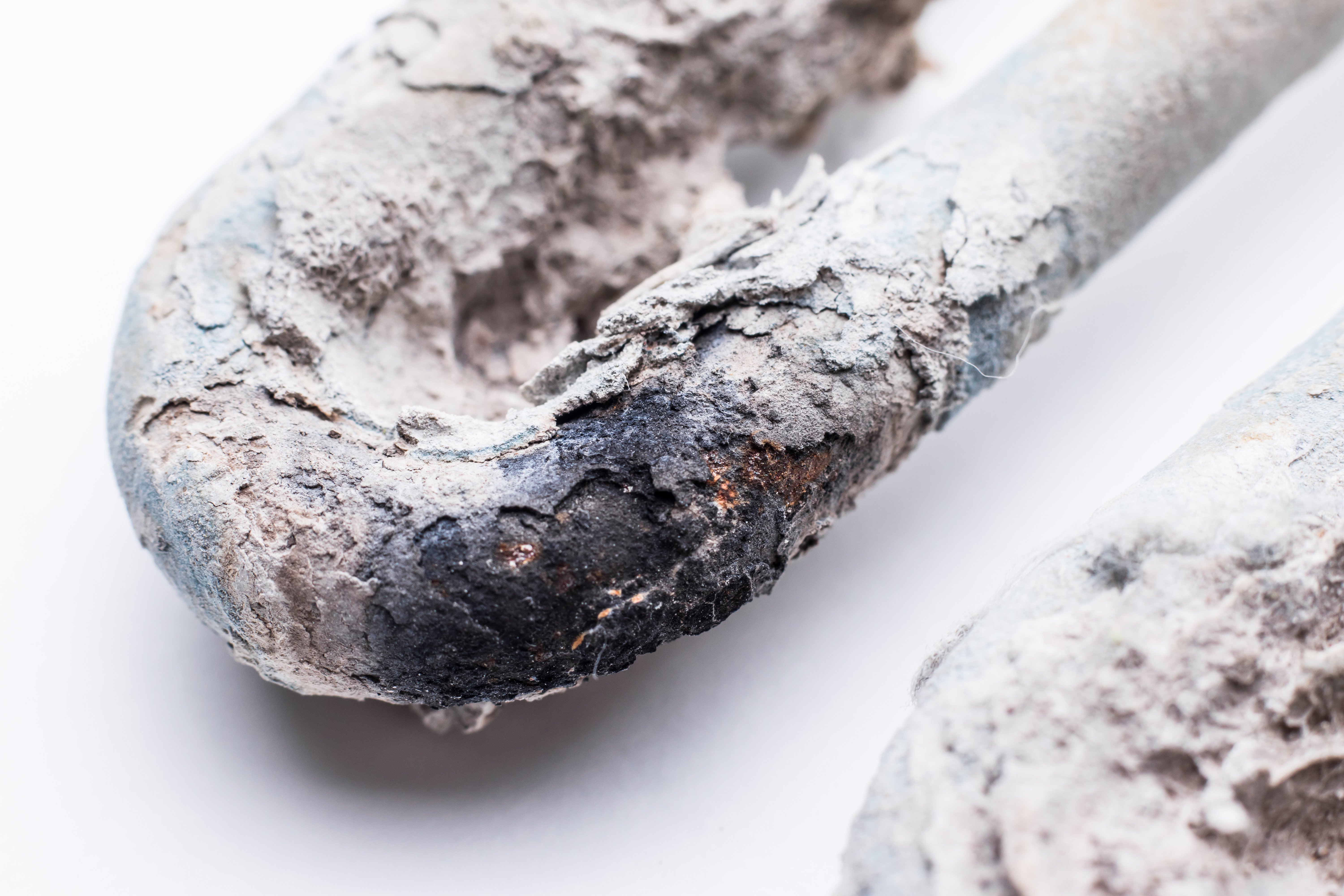
Why hard water could be increasing your risk of exposure to Legionella?
With so many risk factors to consider when looking at the health of a water system and the likelihood of Legionella growth within it, factors like water temperature and biocide dosing are often prioritised processes in a risk assessment plan(1).
Other features including the actual chemistry of the water itself can often be overlooked as less important. However, to ignore this basic element of the system is a huge mistake as pathogenic bacteria, particularly Legionella, have been shown to thrive more through the nutritional benefits that result from the effects of water chemistry on a system(2).
Hard water is just one of many factors that should be considered as part of the bigger picture in water management.
A little hard water never harmed anyone?
Hard water, with its abundance of minerals is often favoured by many individuals as preferable due to the perceived health benefits for bones and the heart for example(2). However, whilst there may be some health benefits associated with drinking hard water, it is not necessarily so beneficial to your water system itself and so conversely could also indirectly be causing potential risks to your health!
If you have ever looked inside your kettle or shower head in an area classed as a “hard water” area, then you will be familiar with limescale - the rock-like white deposits of magnesium or chloride that forms and builds up over time(3). Just like your kettle, or shower head, the pipes, tanks and appliances within a water system, in hard water areas, can become clogged up with this same scale if not treated regularly with an effective de-scaler.
The scale in itself can be problematic to a water system, reducing the flow of water and the efficiency of heating/cooling systems, but if you have ever looked closely at that limescale build-up you may have noticed that it creates a rough uneven surface with lots of tiny cracks and holes in – basically, a perfect location for bacteria to cling to and the ideal scenario for biofilm to form upon over time(2).
Biofilms are a ready source of nutrients for bacteria such as Legionella (as discussed in this previous article) and by giving them an ideal surface on which to grow then the risk of an infected system increases vastly the more scale present(1).
More scale = more biofilm = more hidden sources of Legionella ready to seed the system and subsequently cause infections.
Whilst in a domestic setting the presence of a little limescale may not be too problematic or difficult to deal with, however, when extrapolated into the water supply for a hospital, care home or other frequently visited location such as hospitality venues, then the associated risk of bacteria and biofilm build-up and subsequent risk posed to human health can increase exponentially (2,4).
As a result, when preparing Legionella risk assessments, it is important that the chemical make-up of the water is not ignored as it can have a significant impact on the chance of potentially hazardous levels of Legionella being present within the system.
Regular de-scaling or softening of the water supply should be considered (2) and swabbing for biofilm growth should be routinely carried out on these systems with a hard water source to check for the hidden supply of Legionella pneumophila sg1.
Hydrosense offers Legionella swab tests which can facilitate this routine check for Legionella within the biofilm and help to keep hard water systems beneficial to health rather than detrimental.
Sources:
- https://www.who.int/water_sanitation_health/emerging/legionella.pdf
- https://legionellacontrol.com/
- https://www.compoundchem.com/2016/03/02/limescale/
- https://www.infectioncontroltoday.com/view/hard-water-scaling-linked-bacterial-growth-homes
More Like This
